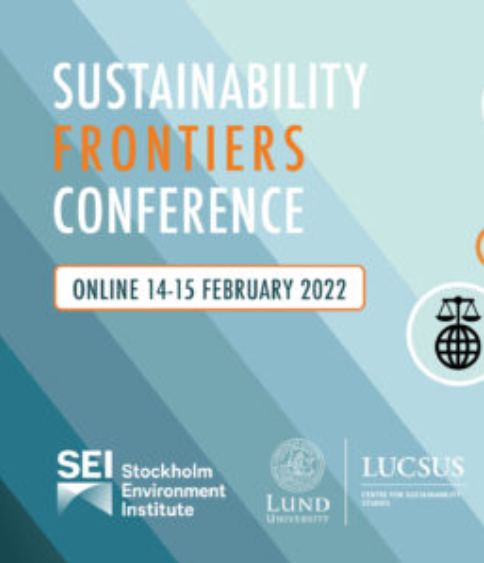WORKSHOP
The workshop in this session gave the audience the opportunity to discuss their own questions. The first one raised was about how the role of religion and spirituality was missing in the plenary, going further to query whether Yoga and Buddhist teachings had more to offer than the Abrahamic religions. Galafassi responded by saying that this had been a huge gap in the discussion earlier and recommended a book called “Zen and the Art of Saving the Planet” by Thich Nhat Hanh. Lahsen, however, countered this question by asking how you engage with the dangers of spirituality? “How do you know the right one?” she asked.
I intervened here by bringing up the issue of misinformation, disinformation and denial. Citing the conspirituality trend (in which spirituality and yoga practitioners are increasingly supporting racist and authoritarian movements), I suggested that there was not enough work being done on reconciling conflicting belief systems in collective imaginaries processes. This was an issue of “World Building”, it was argued, and the collectively agreed upon boundaries of those processes could limit such polarisation. A colleague from Stockholm University then suggested the conversation returned to the idea of denial and how even within the sustainability sciences there are blurred lines of what can be considered denial (here negative emissions technologies were put forward).
Lahsen had much to offer in this discussion, explaining how she had grappled with these issues during her PhD. Although preferring the term scepticism to denial, she did reiterate that there are better and worse sources of information rather than a simple binary of good science VS non-science. By opening up interaction and recognising the grey areas of meaning and knowledge-making processes there are more opportunities to engage with diversity. That said, there is an intentional distortion of information and more work should be done on identifying these instances.
Two key pieces of work were suggested to read further into this issue:
- Hartz-Karp, J. and D. Marinova (2017). Methods for sustainability research, Edward Elgar Publishing.
- Weymouth, R. and J. Hartz-Karp (2015). “Deliberative collaborative governance as a democratic reform to resolve wicked problems and improve trust.” Journal of Economic & Social Policy 17(1): 62-95.
For the final post in this series click here. A summary of the first session can be found here.


